How Does Climate Change Affect Human Health? Scientists Weigh In
Published April 12 2021, 4:59 p.m. ET
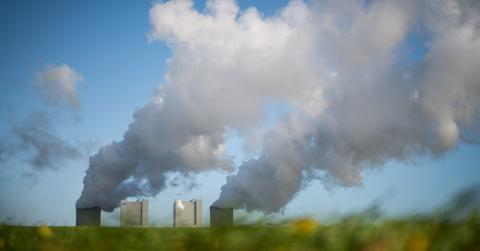
Climate change affects our weather patterns, sea levels, wildlife populations, and global temperatures, but very few people understand the ramifications it's had on the human population. Believe it or not, our food, water, and air quality have all been seriously affected by climate change, and as a result, climate change has affected human health in a number of dangerous and potentially deadly ways. Sadly, it will continue to do so as global warming worsens.
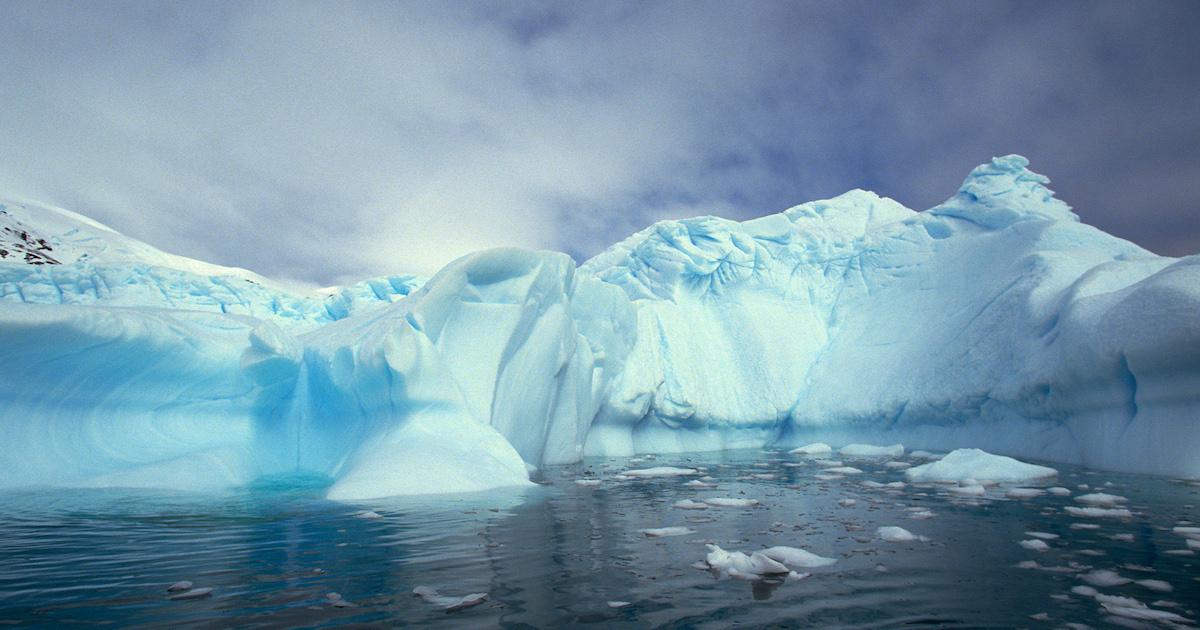
How does climate change affect human health?
Human beings are among the many lifeforms affected by climate change, though ironically, global warming was completely brought on by human activity. For example, air pollution is the root of many human health problems, while deforestation has destroyed many of the trees sequestering CO2 emissions. Water pollution affects our food and water supply on a daily basis, high temperatures lead to droughts — which deprive communities of drinking water — and the melting ice caps endanger seaside communities daily.
Meanwhile, extreme temperatures make it difficult for people, livestock, and crops to survive. This also allows dangerous pathogens to thrive, spread, and in some cases, mutate more easily. Sadly, though, marginalized communities are often the first to be affected, though many of the big corporations responsible for creating the pollution are more financially equipped to deal with the consequences.
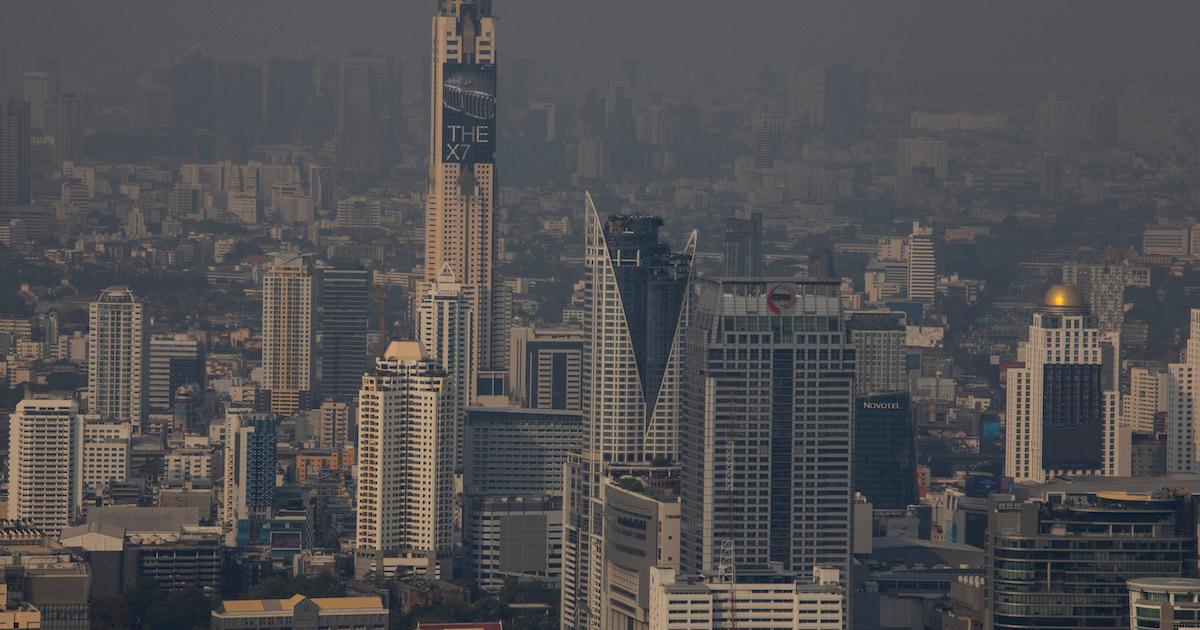
Air pollution affects air quality.
It should come as no surprise that smog, greenhouse gases, and excess carbon in the air are detrimental to human health. It isn’t just the air pollutants outside affecting our lungs, however, it's the air indoors as well. According to the EPA, shifting weather patterns and increased temperatures will only make the problem worse. Increased carbon emissions have also resulted in corresponding increases in asthma, emphysema, and various cancers.
On top of that, droughts cause wildfires, which are contributing to air quality problems. We’ve already seen what the immense plumes of smoke created by wildfires can do to air quality in California and Australia. The EPA adds that rising carbon dioxide levels similarly contribute to drastic increases in airborne allergens like ragweed and pollen, which means bad news for allergy sufferers. Deforestation also creates CO2, but kills the trees that would help sequester those emissions.
Higher temperatures affect us in many ways, too.
With increased heat comes an increased risk for dangerous health conditions like heat exhaustion, hyperthermia, dehydration, or heat stroke. According to Health Affairs, high temperatures can also worsen pre-existing conditions like cardiovascular disease, renal problems, or diabetes. Heat also kills off crops, livestock, and other animals that many communities rely on for food and other resources.
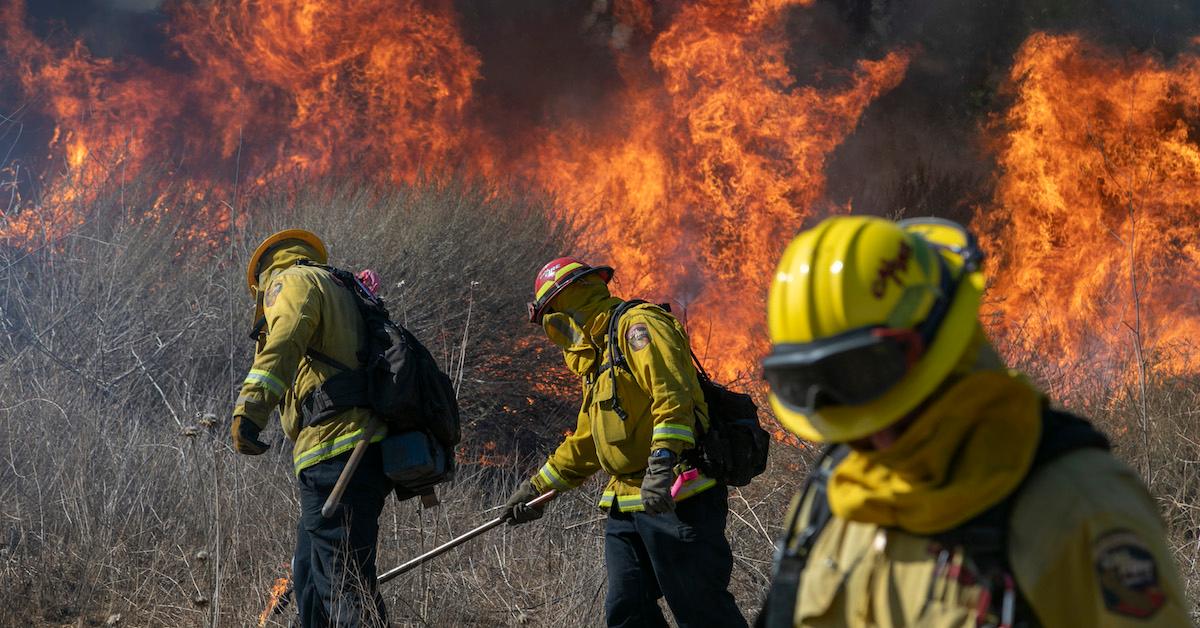
Diseases and pathogens can spread more easily.
According to the World Health Organization (WHO), infectious diseases are becoming more widespread and dangerous in the wake of rapid demographic, social, technological, and environmental change. The effects of climate change have often been associated with increases in specific diseases. WHO sites Malaria as one that is specifically associated with deforestation and Red Tide as connected to ocean warming, but these diseases aren’t alone.
As humanity encroaches even further into the habitats of other species, animal-borne pathogens like SARS and the coronavirus, creep into our populations. Rising temperatures are also creating ideal conditions for many infectious diseases to thrive more easily, and engorged population densities are making those diseases more transferrable.
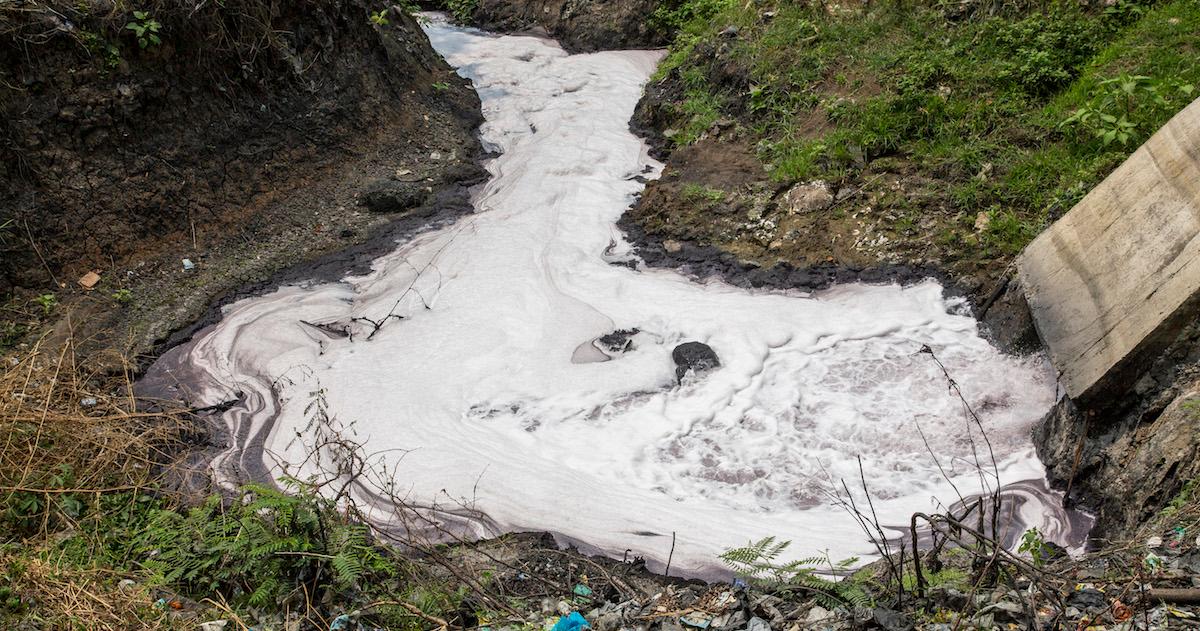
Water pollution and drought affect our water resources.
According to FoodPrint, manufacturing processes and industrial farming pours chemical waste into our rivers. These chemical remnants are full of heavy metals like copper, zinc, lead, mercury, and even arsenic. They can accumulate in drinking water, soil, and even find their way into food sources. This contamination can result in gastrointestinal and liver problems.
And, as previously mentioned, high temperatures and little rain often leads to drought, which strips communities of drinking water.
Why are marginalized communities most affected by global warming?
According to Charlotte Dwyer’s discussion on the Effects of Climate Change on Marginalized Communities, the innate inequality of our society creates the perfect conditions for vulnerable or disadvantaged groups to be most affected by climate change. Dwyer’s conclusions hone in on the plight of lower-income individuals, who are often overlooked by lawmakers and are therefore subjected to low quality living conditions. Flint, Mich., for example, was given dirty drinking water to simply cut costs.
Many who live in isolated areas are involved in the agricultural industry, but unfortunately, this means their livelihood relies on a certain amount of rainfall, predictable temperature, and high soil quality. Climate change has already shifted global weather and climate in extreme and devastating ways, and these groups are less likely to be able to recover in the event of something catastrophic happening to their homes, crops, or careers.